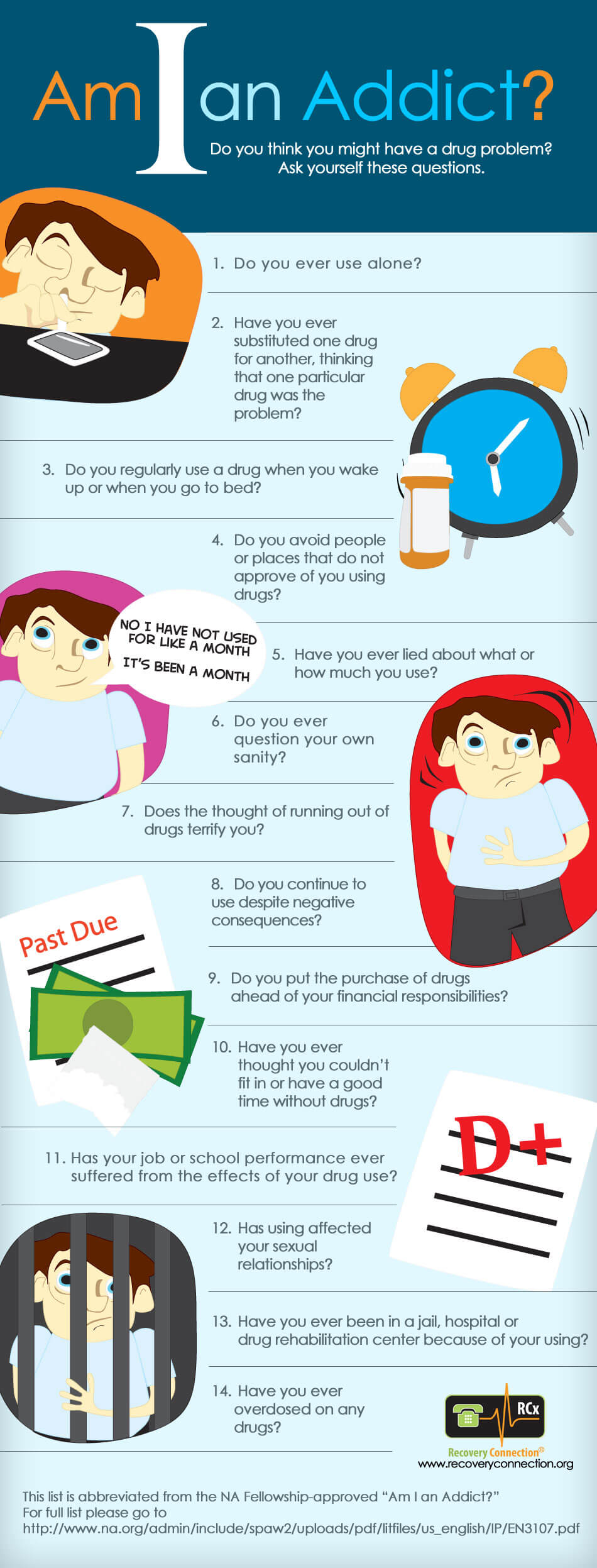Transitioning From Dependency To Healing: The Essential Duty Of Drug Recovery Centers
Transitioning From Dependency To Healing: The Essential Duty Of Drug Recovery Centers
Blog Article
Created By-Mcguire Polat
When it concerns breaking without the grips of dependency, Drug rehabilitation centers work as essential places of hope and healing. Their complex approach to attending to drug abuse not only takes on the prompt symptoms but additionally looks into the underlying factors driving habit forming habits. By promoting an encouraging environment and outfitting individuals with the necessary tools for healing, these facilities lead the way for lasting changes. But what specific techniques and techniques do they employ to guide individuals on this trip in the direction of redeeming their lives from addiction?
Understanding the Dependency Cycle
To comprehend the complexities of dependency, you have to grasp the intermittent nature of the addictive behavior. It typically starts with an initial trigger or stressor that leads to the use of substances as a coping system. This momentary alleviation or high strengthens the habits, developing a cycle of seeking that same sensation again.
As time proceeds, resistance develops, needing larger dosages to achieve the preferred result. This escalation results in physical and mental reliance, making it testing to damage devoid of the material's hold.
Furthermore, https://www.azcentral.com/story/opinion/op-ed/2022/05/18/pandemic-dangerous-time-alcohol-addiction-treatment-available/9706639002/ is fueled by adverse consequences such as strained connections, economic difficulties, and health concerns. Despite these repercussions, the private remains to utilize materials to stay clear of withdrawal signs or cope with psychological distress. This bolsters the cycle, trapping the individual in a destructive pattern.
Recognizing this addicting cycle is crucial for creating efficient interventions and therapy strategies to assist people damage devoid of the grip of dependency. By dealing with each phase of the cycle, rehab facilities can give tailored support to guide people towards healing.
Services Used by Rehabilitation Centers
Rehabilitation facilities provide a range of comprehensive services to support people in their journey in the direction of recovery from dependency. When you get in a rehab center, you can expect to get customized therapy strategies tailored to your specific requirements. These strategies frequently include a mix of individual treatment sessions, group counseling, and instructional workshops to help you understand the root causes of your dependency and develop dealing techniques.
Clinical detoxification solutions are additionally typically used in rehabilitation centers to aid manage withdrawal symptoms safely under the supervision of healthcare professionals. Furthermore, Read the Full Report provide holistic treatments such as yoga exercise, reflection, art treatment, and acupuncture to promote general well-being during the recuperation procedure.
Moreover, rehabilitation facilities frequently supply family treatment sessions to involve your loved ones in the recovery process and boost interaction and partnerships.
After finishing a rehab program, recurring assistance via aftercare solutions, such as sober living arrangements and alumni programs, can help you maintain sobriety in the long term.
Support for Long-Term Recovery
Ensuring sustained recuperation entails establishing a solid assistance network tailored to your individual requirements and objectives. This assistance network can originate from different resources, consisting of family, close friends, support groups, therapists, and recurring therapy programs. Connecting with others who understand your trip can provide motivation, liability, and a sense of community that's important for lasting healing.
Going to routine support system meetings, such as Alcoholics Anonymous or Narcotics Anonymous, can offer you a system to share your experiences, learn from others, and remain dedicated to your soberness. Additionally, specific therapy sessions can help you address underlying concerns, create dealing approaches, and work through any kind of challenges that may develop during your recovery journey.
Participating in healthy and balanced tasks and hobbies that bring you delight and gratification can additionally add to your long-lasting recovery. Exercise, mindfulness techniques, imaginative electrical outlets, and maintaining a well balanced way of living can all play a significant role in sustaining your general wellness and avoiding relapse.
Final thought
On the whole, Drug rehabilitation centers play an essential duty in guiding people from dependency to healing by giving personalized therapy plans and support services.
With a concentrate on addressing the root causes of dependency and equipping people with the tools needed for long-lasting soberness, these centers offer a safe and empowering atmosphere for recovery.
By highlighting the importance of establishing an assistance network and participating in healthy activities, rehabilitation centers pave the way for people to lead fulfilling and addiction-free lives.
